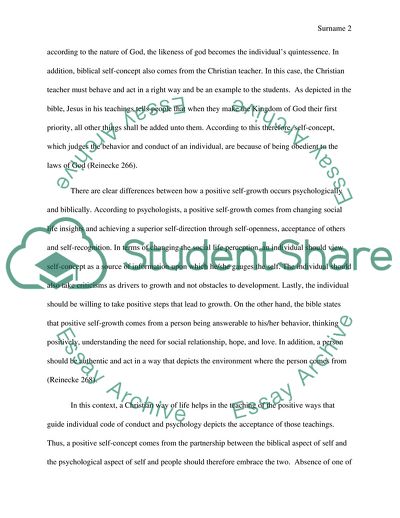Cite this document
(Comparative of Biblical Self-Concept and Psychological Self-Concept Report Example | Topics and Well Written Essays - 1250 words - 32, n.d.)
Comparative of Biblical Self-Concept and Psychological Self-Concept Report Example | Topics and Well Written Essays - 1250 words - 32. https://studentshare.org/psychology/1805018-essay
Comparative of Biblical Self-Concept and Psychological Self-Concept Report Example | Topics and Well Written Essays - 1250 words - 32. https://studentshare.org/psychology/1805018-essay
(Comparative of Biblical Self-Concept and Psychological Self-Concept Report Example | Topics and Well Written Essays - 1250 Words - 32)
Comparative of Biblical Self-Concept and Psychological Self-Concept Report Example | Topics and Well Written Essays - 1250 Words - 32. https://studentshare.org/psychology/1805018-essay.
Comparative of Biblical Self-Concept and Psychological Self-Concept Report Example | Topics and Well Written Essays - 1250 Words - 32. https://studentshare.org/psychology/1805018-essay.
“Comparative of Biblical Self-Concept and Psychological Self-Concept Report Example | Topics and Well Written Essays - 1250 Words - 32”. https://studentshare.org/psychology/1805018-essay.


